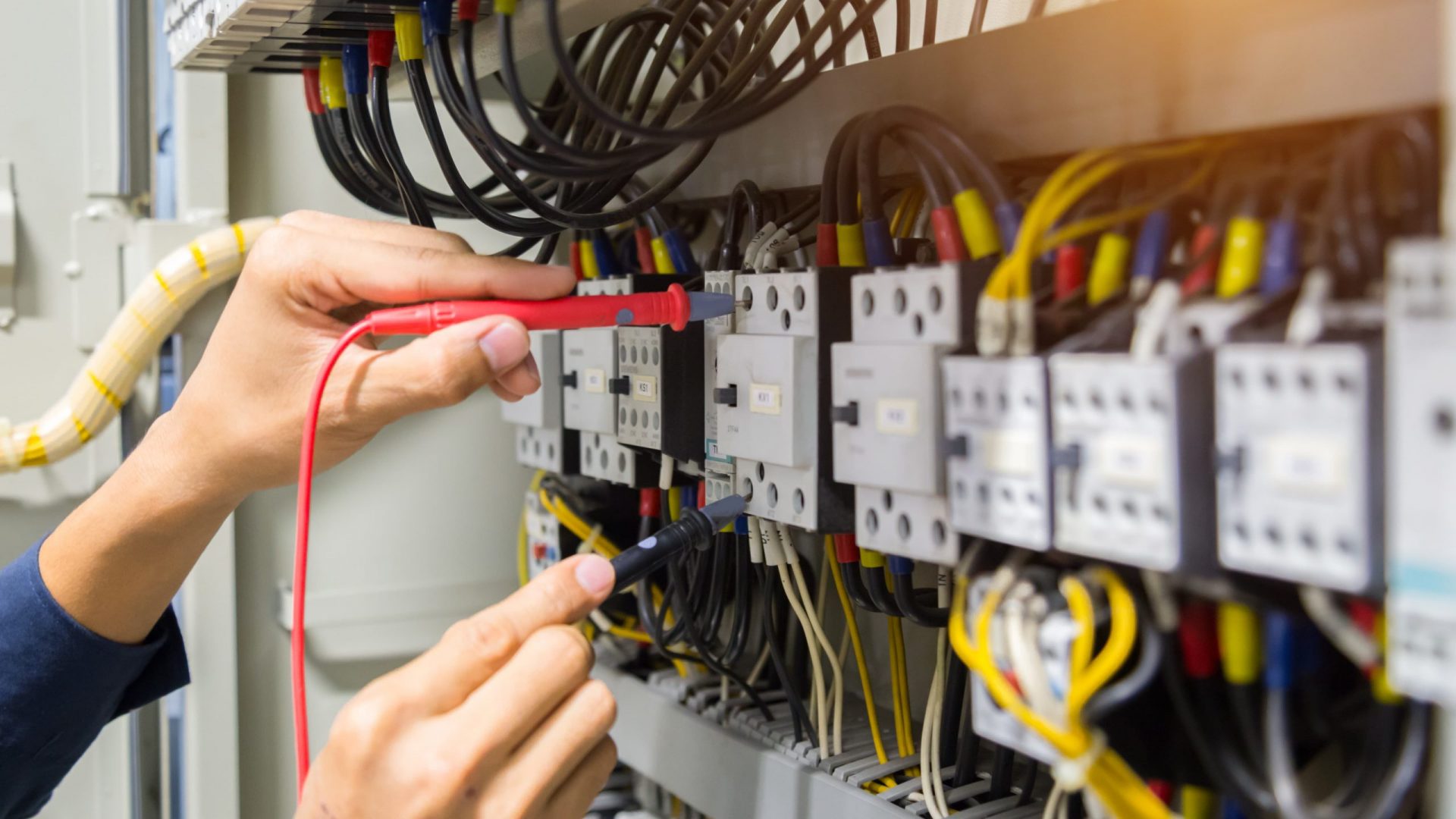- 0
“Avoiding Common Electrical Repair Mistakes: Tips from the Pros”

Image source: Google
When it comes to electrical repairs around the house, it's always best to leave it to the professionals. However, if you do decide to tackle a repair on your own, there are some common mistakes that you'll want to avoid. To help you navigate the world of electrical repairs, we've gathered some tips from the pros on how to avoid these pitfalls.
One of the biggest mistakes that people make when attempting electrical repairs is not turning off the power before getting started. This may seem like a simple step, but it's crucial for your safety. Before you even think about touching any wires or electrical components, be sure to turn off the power at the breaker box. Double-check that the power is off with a voltage tester to ensure that you won't be working with live wires.
Another common mistake is using the wrong tools for the job. Electrical work requires specific tools to ensure that the job is done correctly and safely. Investing in a good quality set of tools, such as wire strippers, pliers, and voltage testers, will make your electrical repairs go much more smoothly. Using the wrong tools can not only lead to a botched repair job but also poses a risk to your safety.
Improper wiring is a common issue that plagues many DIY electrical repair projects. It's essential to follow the proper wiring diagrams and instructions when working on electrical repairs. Mixing up wires or connecting them incorrectly can lead to shorts, fires, or even electrical shock. If you're unsure about how to properly wire something, it's best to call in a professional electrician to avoid any potential hazards.
Not securing electrical connections is another mistake that can have serious consequences. Once you've made your electrical connections, it's crucial to secure them properly with wire nuts or terminal screws. Failing to do so can result in loose connections, which can lead to sparks, overheating, or fires. Take the extra time to ensure that all connections are securely fastened before turning the power back on.
Many people also make the mistake of overloading circuits when attempting electrical repairs. Each circuit in your home is designed to handle a specific amount of electrical load. Overloading a circuit by connecting too many devices or appliances can trip the breaker, cause damage to your electrical system, or even start a fire. Be mindful of the electrical load on each circuit and avoid overloading them to prevent any potential hazards.
Ignoring warning signs is a mistake that can put your safety at risk. If you notice any signs of electrical problems, such as flickering lights, burning smells, or sparking outlets, it's essential to address them immediately. Ignoring these warning signs can lead to more significant issues down the road, including electrical fires. If you're unsure about how to address these problems, don't hesitate to call a professional electrician for assistance.
In conclusion, avoiding common electrical repair mistakes is crucial to ensure your safety and the integrity of your home's electrical system. By following these tips from the pros, you can tackle electrical repairs with confidence and avoid any potential pitfalls. Remember to always turn off the power, use the right tools, follow proper wiring techniques, secure connections, avoid overloading circuits, address warning signs promptly, avoid shortcuts, and obtain the necessary permits. When in doubt, don't hesitate to call a professional electrician for assistance. Stay safe and happy repairing!
